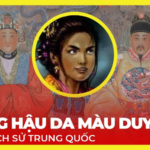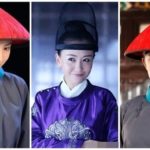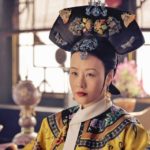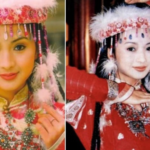Nhạc Phi
Nhạc Phi (1103 – 1142) is a famous general and military strategist in the history of China during the Southern Song dynasty. Under his leadership, the Southern Song army achieved numerous victories over the attacks from the Jin dynasty. Nhạc Phi fought a total of 126 battles against the armies of the Liao, Dài Tề, and Jin dynasties, and emerged victorious in all of them. Before being assassinated by Tần Cối at the Phong Ba Shrine in 1142, he held the title of Grand Marshal.
Nhạc Phi is honored at the Imperial Ancestral Temple by the Ming and Qing dynasties. This is the place where the most talented civil and military officials are honored throughout the various dynasties. He is regarded as a great national hero, a loyal and courageous scholar and warrior.
According to legend, whenever Emperor Chu Nguyên Chương sees a temple or statue of Nhạc Phi, he kneels down to pay his respects.

Quan Vũ
Quan Vũ, also known as Quan Công, is a renowned general from the late Eastern Han dynasty and the Three Kingdoms period in China. He is considered a talented general with great martial skills. He was praised by his contemporaries for his ability to fight against tens of thousands of soldiers and his bravery, becoming a national hero.
He is also praised for his courage, devotion to rituals and ceremonies, loyalty, and unwavering integrity. He is seen as a symbol of virtues such as unwavering principles, integrity in wealth, determination in poverty, and indomitable charisma.
Quan Vũ is the only general in Chinese history to have his own shrine at the Imperial Ancestral Temple (built by the Ming and Qing dynasties). This shows the reverence and respect the emperors of China have for this great general.
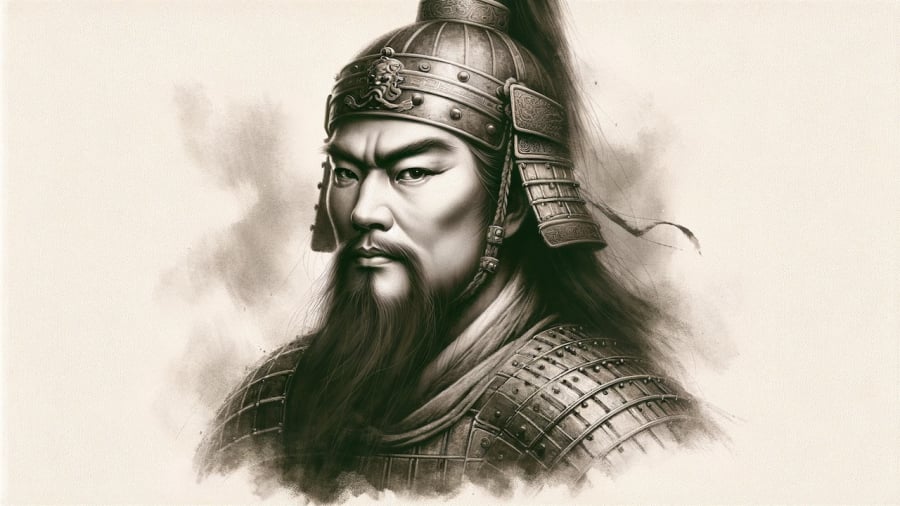
Confucius
Confucius (551 BCE – 479 BCE), whose real name was Kong Qiu, and style name was Zhong Ni. He was a philosopher, politician, and renowned educator who lived during the Spring and Autumn period in China. From a young age, Confucius had to work various jobs to support himself due to the early death of his parents. He had a strong passion for learning, and since the age of 15, he focused on studying ethics, rituals, and various other subjects.
He is also the founder of Confucianism in a historical context, amid the chaotic political and social situation of the Spring and Autumn and Warring States periods.
Confucius passed away in 479 BCE. His teachings were recognized by ruling classes, resulting in significant influence on later generations. Emperor Wu of Han (156 BCE – 87 BCE), the seventh emperor of the Han dynasty, highly respected Confucianism. He advocated the use of Confucianism as the governing ideology.
Confucius is revered as a sage, one of the 10 famous sages in Chinese history.
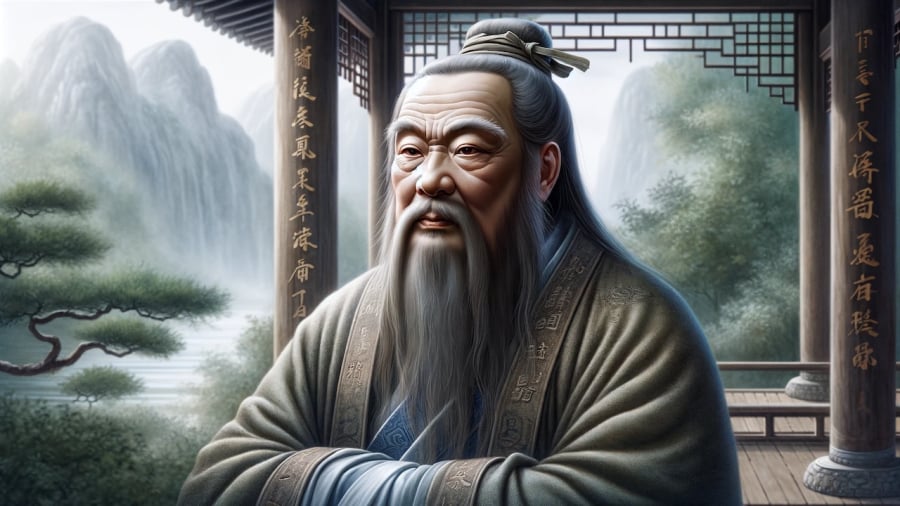
Laozi
Laozi (571 BCE – 471 BCE) is the founder of Daoism, one of the three major religions that have had a strong influence on Chinese culture. He was a contemporary of Confucius but older in age. During his lifetime, Laozi held a position in the imperial library of the Chu dynasty. Later, realizing that the state of the country was in decline, Laozi decided to leave.
Laozi left behind the Dao De Jing, a book of Daoism that has had a significant impact and is considered a philosophical classic. His philosophies in this book have earned him great admiration from future generations, especially his concept of wu wei or non-action.
During the Tang dynasty, the imperial family, the Li dynasty, claimed to be descendants of Laozi and even conferred him the title of emperor. Specifically, during the reign of Emperor Caozong of Tang, Laozi was honored as the Imperial Most High Mysterious Yellow Emperor. In the reign of Emperor Xuānzong of Tang, he was elevated to the rank of the Grand Supreme Elderly Patriarch, Divine Founder of the Most High, Lord of the Magic Pearl of the Great Dao.

























